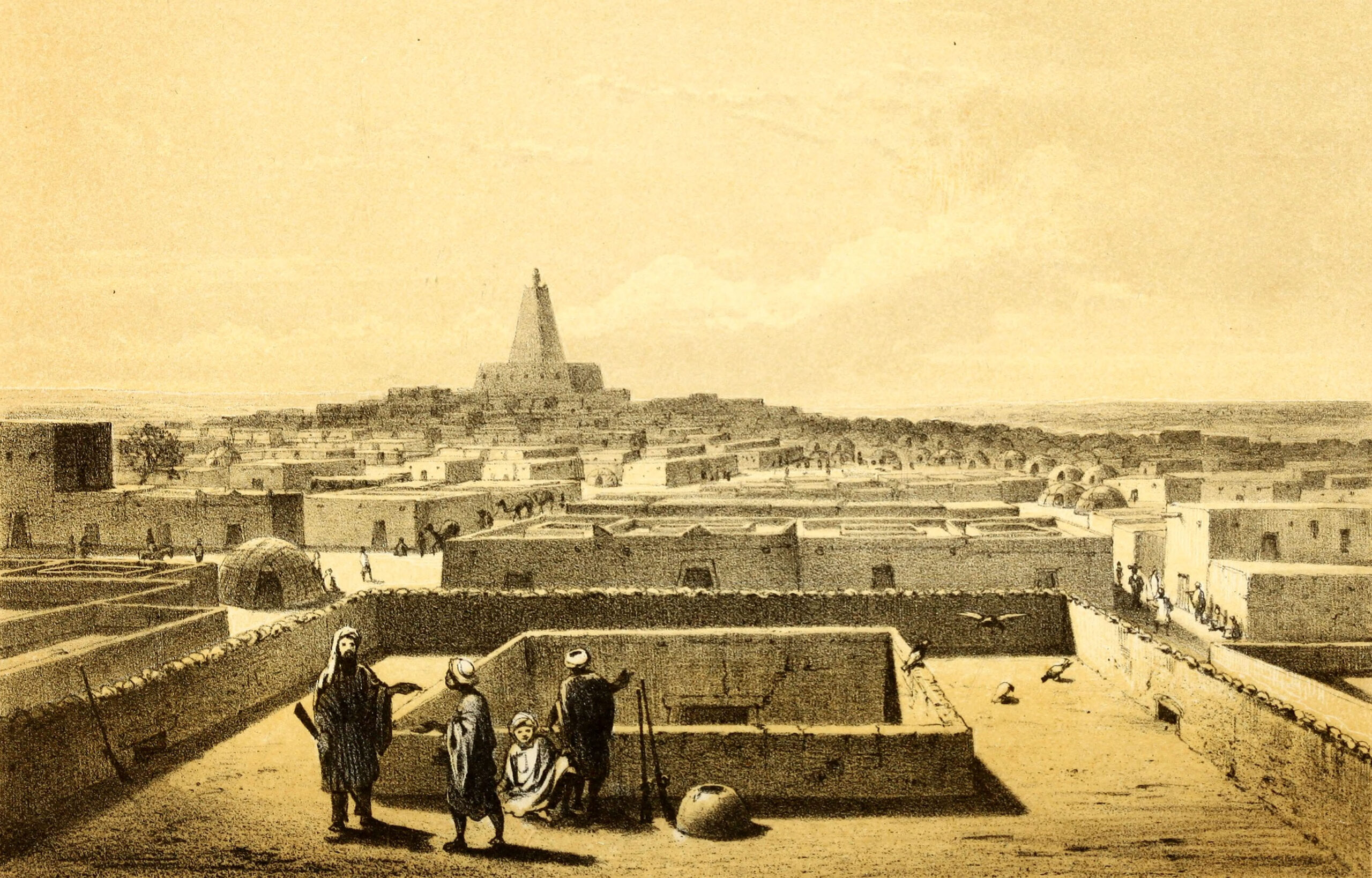
Timbuktu, a city steeped in the sands of time, not only served as a bustling center for trade but also emerged as a hub of intellectual pursuits during the illustrious reign of the Malian Empire. At the heart of this scholarly legacy was the renowned University of Timbuktu, founded in the 14th century, which attracted scholars from across the Islamic world and housed a treasure trove of invaluable manuscripts.
In the 14th century, as the Malian Empire flourished under the leadership of Mansa Musa, Timbuktu evolved into a cosmopolitan city, attracting traders, scholars, and artists from far and wide. The University of Timbuktu, often hailed as one of the earliest universities in the world, played a pivotal role in shaping the intellectual landscape of the time.
Scholars from the Islamic world went to Timbuktu, drawn by the city’s reputation as a center of learning. The university became a melting pot of knowledge, where disciplines such as astronomy, medicine, mathematics, theology, and law were explored and advanced. Timbuktu’s scholars were at the forefront of intellectual pursuits, engaging in scholarly debates and producing manuscripts that would contribute to the rich tapestry of African and Islamic knowledge.
What set the University of Timbuktu apart was its impressive collection of manuscripts, written in Arabic and local languages, meticulously transcribing the wisdom of the ages. These manuscripts covered a diverse range of subjects, from poetry and literature to scientific treatises and religious texts. The scholars of Timbuktu were not only consumers of knowledge but also prolific contributors to the global intellectual discourse.
The city’s libraries, including the Sankore Madrasah and the Ahmed Baba Institute, housed countless manuscripts, making Timbuktu a beacon of enlightenment in the medieval world. The manuscripts were not only a source of academic knowledge but also repositories of cultural, social, and economic insights.
Despite facing challenges over the centuries, including invasions and the passage of time, the manuscripts of Timbuktu have endured, thanks to the efforts of modern scholars and preservation initiatives. Today, these manuscripts provide a window into the intellectual vitality of a bygone era, showcasing the depth of African scholarship and the significant contributions of Timbuktu to the world’s heritage.
As Timbuktu continues to be recognized not just as a historical city of trade but as a cradle of learning, efforts to preserve and celebrate its intellectual legacy are underway. The University of Timbuktu stands as a testament to Africa’s rich intellectual history, reminding the world of the continent’s enduring contributions to the global pursuit of knowledge.
